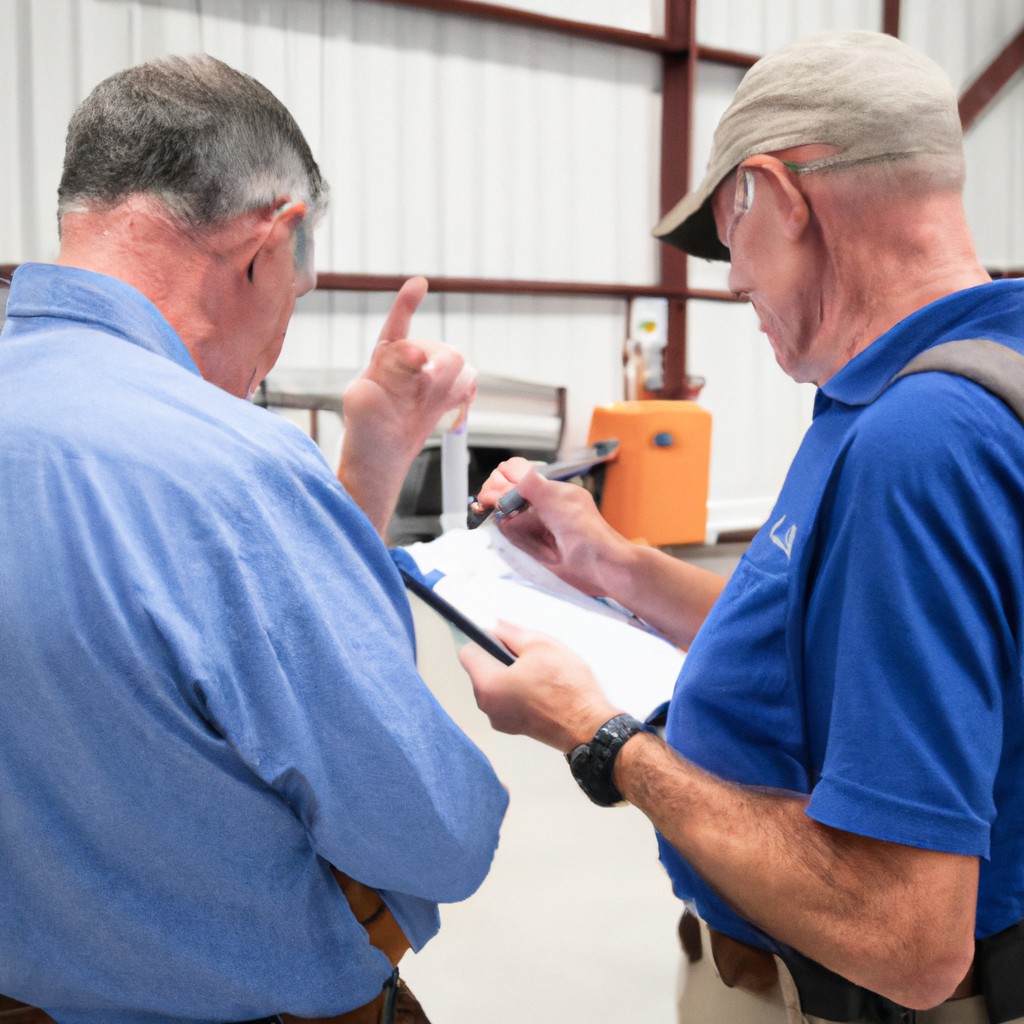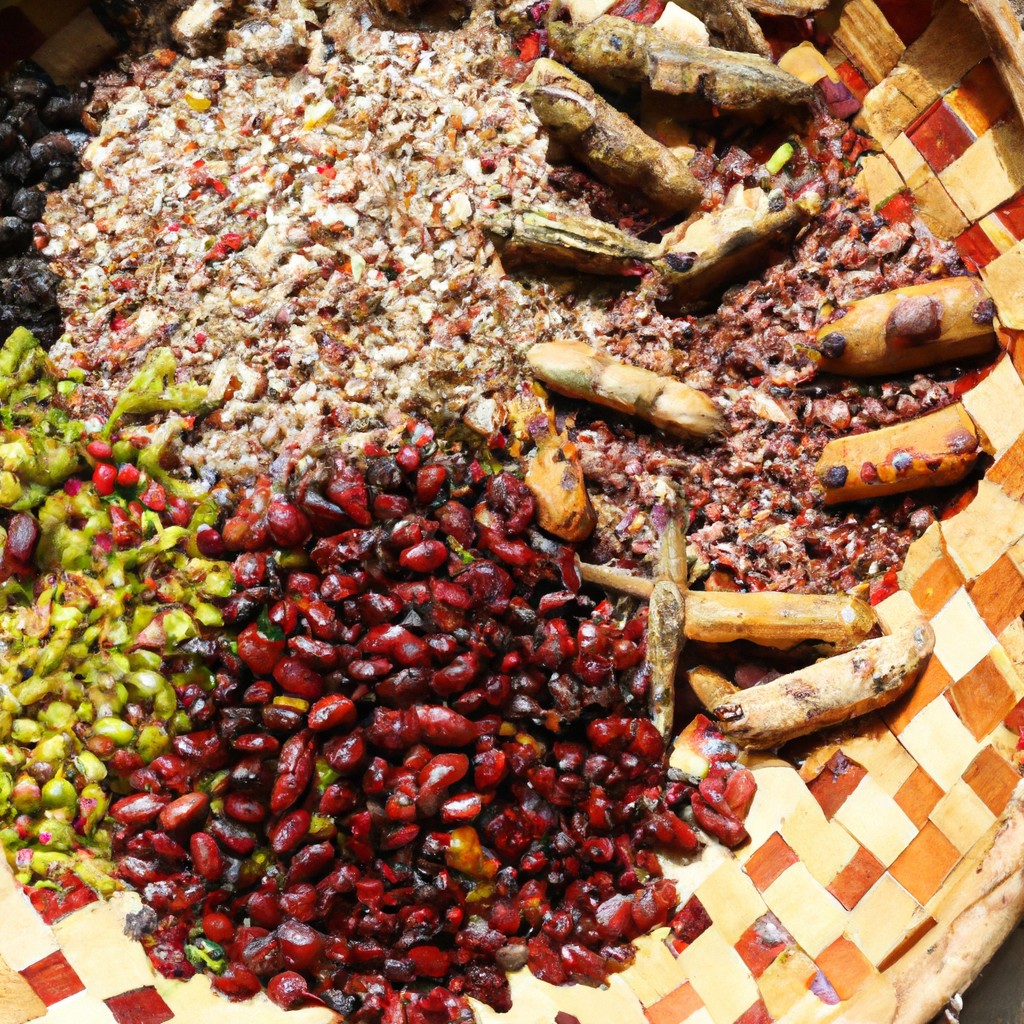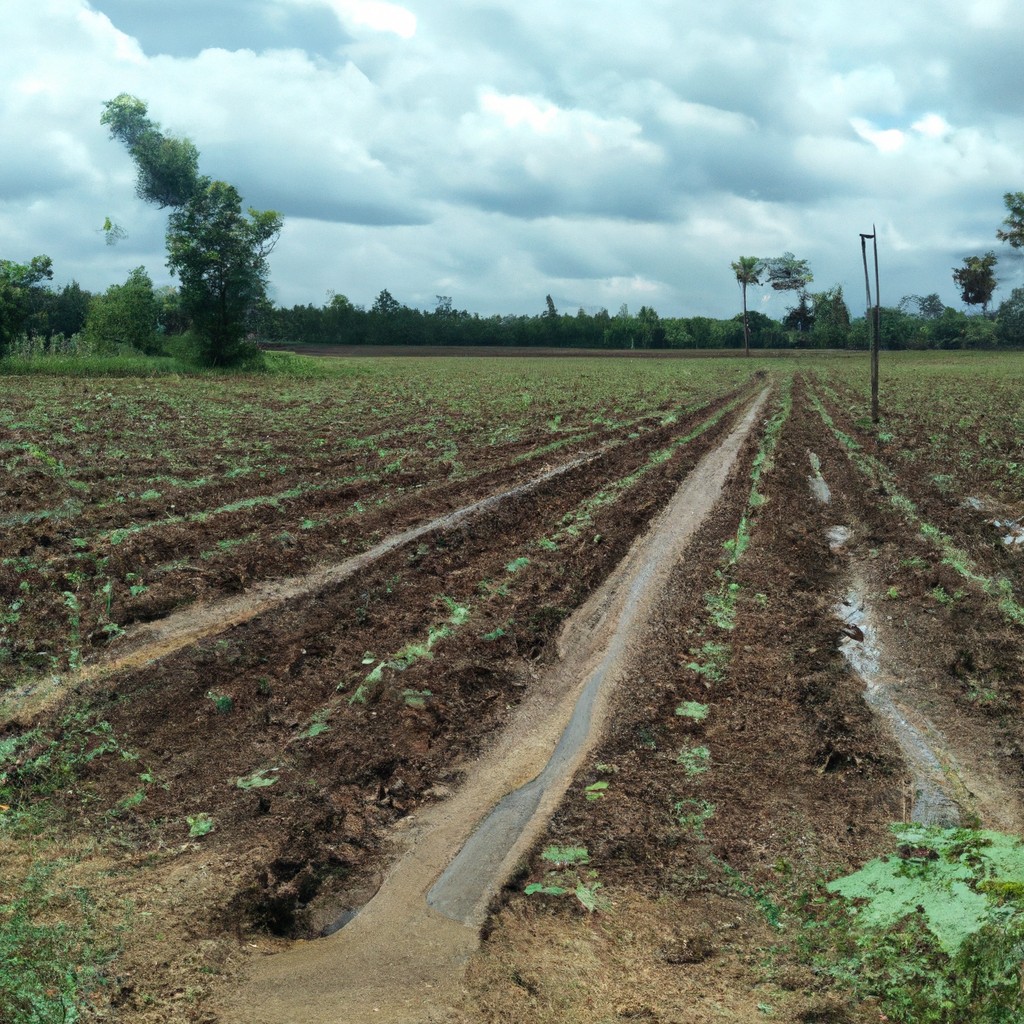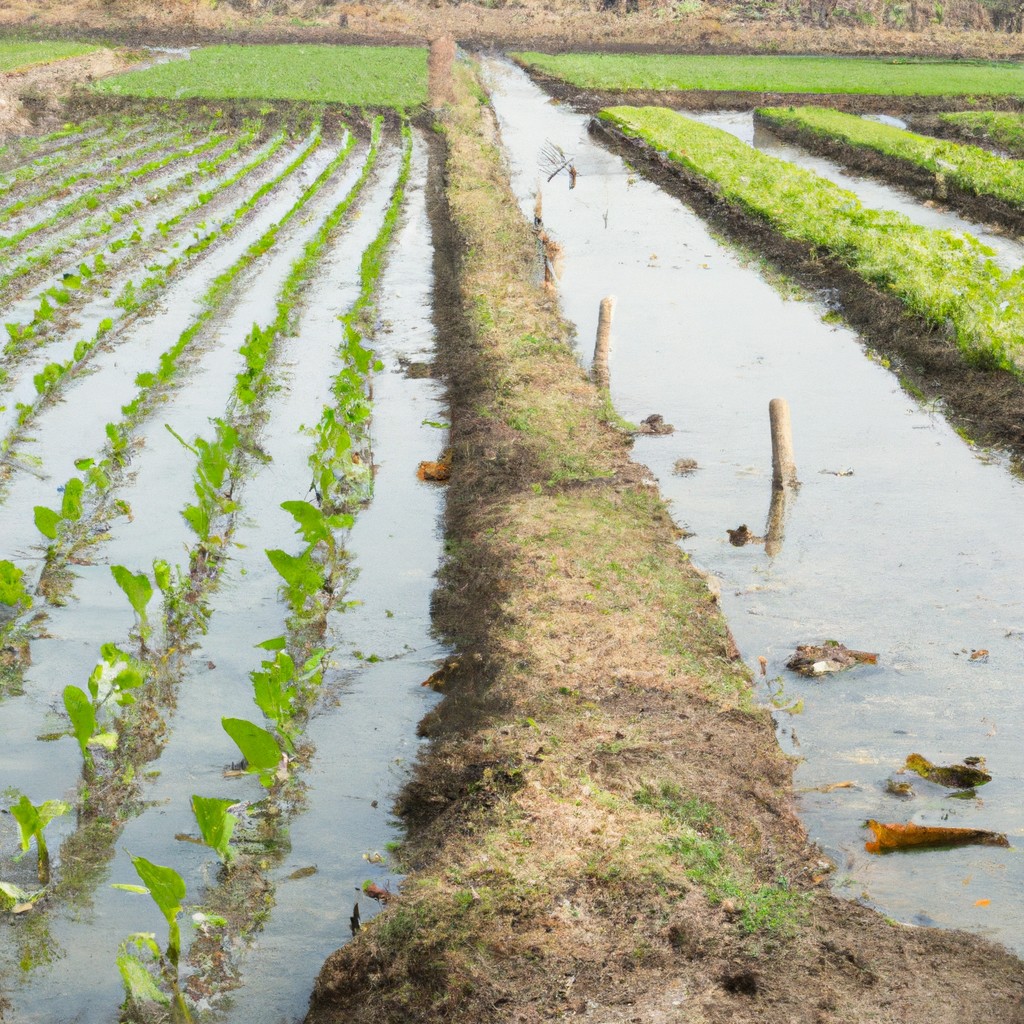Discover the role of agriculture companies in driving innovation for sustainable food production and their impact on the environment and economy.
Look Inside:
Overview of Agriculture Companies
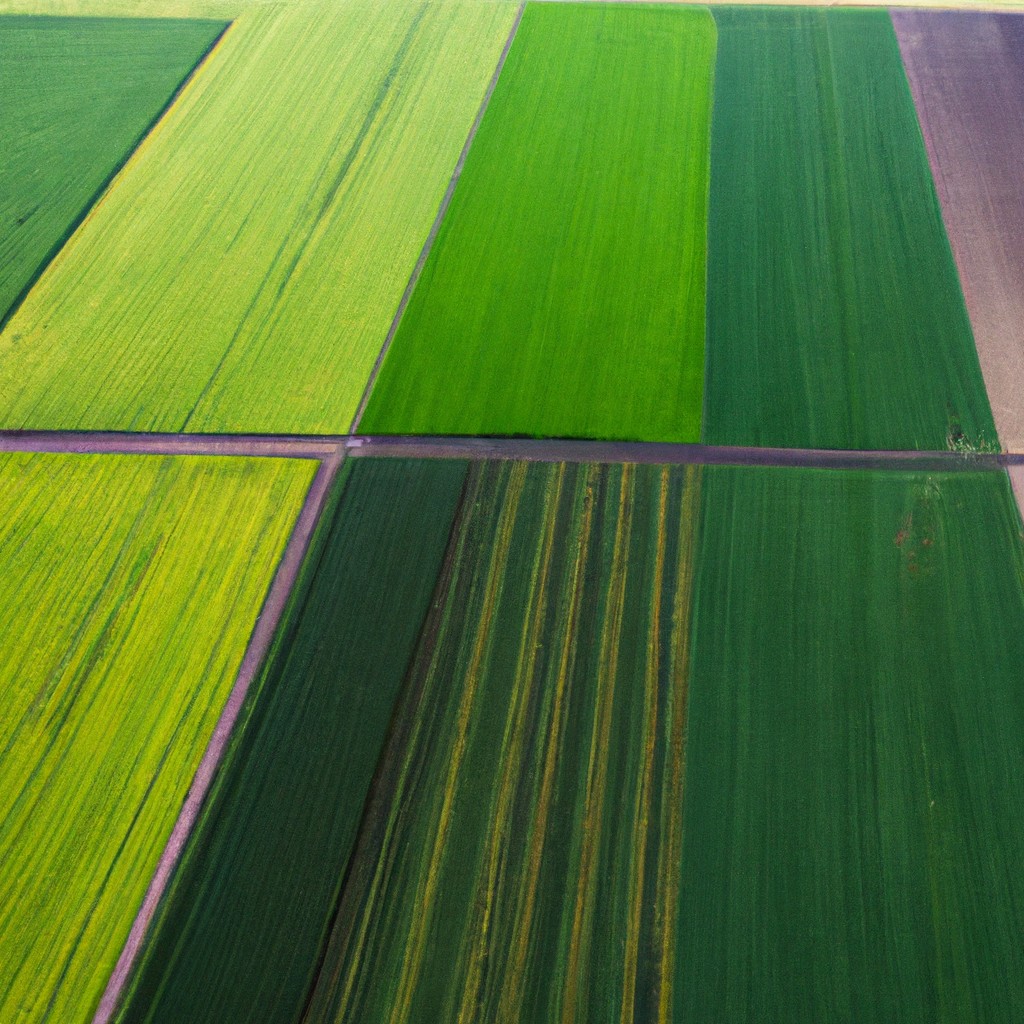
Agricultural companies are at the forefront of feeding the global population, transforming seeds into bountiful harvests. They cover an array of operations, from farm equipment production to seed supply, and from crop cultivation to food processing.
These entities serve as the backbone of the food supply chain. They adopt innovative technologies to boost yields, reduce waste, and battle crop diseases. Precision agriculture, for example, uses GPS and data analytics to fine-tune sowing and harvesting, optimizing the use of resources.
Moreover, these companies are crucial players in international trade, exporting food products to different parts of the globe. They navigate strict regulations and market demands, often influencing trends and setting standards within the industry.
Agriculture companies also extend support to farmers through training and finance, helping them grow their businesses sustainably. In essence, their diverse functions ensure an equilibrium between profitability and the essential task of feeding a growing world.
Significance of Agribusiness in Today’s Economy
Agribusiness holds a key position in the global economy, acting as a cornerstone for societal sustenance and job creation. It’s like the unsung hero, feeding billions and turning the gears of trade and commerce.
First off, it’s the bread and butter for a significant chunk of the population. Literally. From farmhands to food scientists, careers sprout from the fertile soil of this sector. The food on your fork has a long backstory of supply chains, each link representing livelihoods and economic activity. The lunchtime sandwich isn’t just a tasty treat; it’s a small testament to a vast industry’s output.
Furthermore, this sector is a heavyweight in the trade ring. Countries often trade blows with bushels of wheat or tons of soybeans rather than currency. Food exports can sweeten a nation’s economic standing, making agribusiness a diplomacy tool as well.
Yet it’s not all about the greenbacks. Agribusiness drives innovation, pushing for greener ways to keep our plates full. Investing in this sector is not just about the now but about planting seeds for a sustainable future. It’s about ensuring that the land can keep laughing in harvests for generations to come.
Bottom line: agribusiness paints a landscape of economic activity that reaches beyond the fields and into the fabric of our daily lives. It’s about more than just food – it’s about community, innovation, and the kind of green that makes the world go round.
Advances in Sustainable Farming Practices
Sustainability in farming has taken center stage as agricultural companies strive for a balance between yield and environmental stewardship. The incorporation of crop rotation methods breaks the cycle of pests and disease, fostering healthy soil and reducing the need for chemical inputs. Integrated pest management, a strategy combining biological, cultural, and physical controls, diminishes reliance on synthetic pesticides.
Precision agriculture employs technology like drones and satellite imagery to assess crop health accurately. This approach minimizes waste by targeting specific areas for treatment, ensuring resources like water and fertilizers are used efficiently. Cover cropping, another practice gaining traction, involves planting off-season crops to protect and nourish the soil, preventing erosion and enhancing soil fertility.
Moreover, agroforestry, where trees and shrubs are grown around or among crops or pastureland, creates a habitat for beneficial species, bolsters carbon sequestration, and can lead to improved yields. These innovations exemplify how agricultural companies are actively contributing to a more sustainable future.
The Role of Genetic Engineering in Crop Improvement
Genetic engineering is akin to giving crops a toolbox for better health and productivity. Agricultural companies harness this technology to arm plants with desired traits, such as drought resistance or enhanced nutritional content. This tech-savvy approach enables crops to flourish in less-than-ideal conditions, which can be a real game changer for global food production.
For instance, take ‘Bt cotton’ – this cotton variety has been outfitted with a gene from the Bacillus thuringiensis bacterium, equipping it with a built-in defense against certain pests. Farmers growing Bt cotton can often reduce their reliance on chemical pesticides, which benefits both the environment and their wallet.
Moreover, genetic engineering has paved the way for ‘Golden Rice,’ infused with genes that produce beta-carotene, a precursor to vitamin A. In regions where diets are scarce in this essential nutrient, Golden Rice stands as a beacon of hope for combating malnutrition.
Yet, genetic engineering is not a silver bullet. It comes with its own set of challenges, like public skepticism and the management of genetically modified organisms (GMOs). Agricultural companies actively work to balance innovation with safety and transparency to gain public trust and navigate regulations effectively.
In a nutshell, genetic engineering stands at the vanguard of crop improvement, pushing the frontiers of what is agriculturally possible. Engaging with this technology, agricultural companies strive to put heartier, more bountiful crops into the hands of farmers, bolstering our collective quest for food security.
Agriculture Companies and Food Security
Agriculture firms are pivotal in bridging the gap to a well-fed world. By amplifying crop yields through innovative technology, they’re essentially putting more food on the table. Consider the clever use of data-driven farming—agriculture companies analyze weather patterns, soil conditions, and plant health to boost productivity where it counts.
They’re also front-liners in the fight against food waste. From smarter packaging to better supply chain management, these organizations work tirelessly to ensure that produce reaches consumers in the freshest state possible, minimizing spoilage.
Yet, the story doesn’t end with quantity. Quality is key. These companies invest in research for nutrient-rich crops, bringing us a step closer to eradicating hidden hunger, where calories might be abundant, but vital nutrients are scarce.
Lastly, there’s resilience. Unexpected frost? A swarm of locusts? Agriculture firms are on it, developing stronger crop varieties that can withstand the whims of nature better. It’s like upgrading a shield in anticipation of tougher battles ahead, securing a more reliable food supply for tomorrow.
What’s on the horizon? A continuous push for smarter, more resilient agriculture to foster communities where hunger becomes a ghost of the past.
